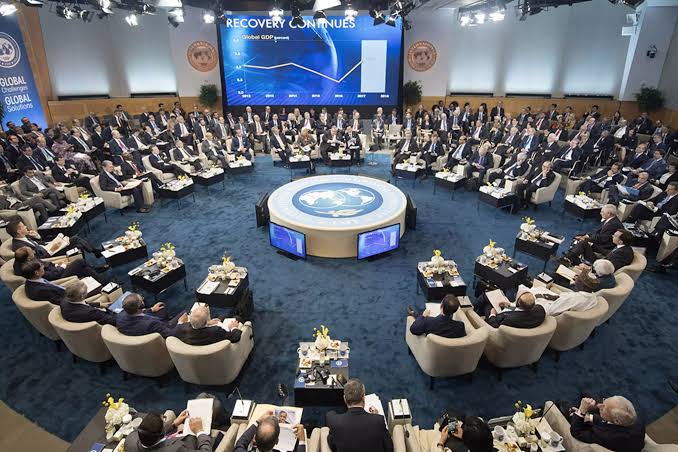Grace Omachoko
The International Monetary Fund has posed a higher tax policy to solve Nigeria’s fiscal challenges.
IMF Africa Department Director, Abebe Selassie disclosed this during a press briefing on the Sub-Saharan Africa Regional Economic Outlook on Friday at the ongoing World Bank Group/International Monetary Fund Meeting in Marrakech, Morocco.
NEWSTODAYNG gathered that the country’s fiscal challenge has lingered despite fuel subsidy removal and foreign exchange reforms introduced by President Bola Ahmed Tinubu’s government in June.
Recall in 2022, the country spent 96 per cent of its revenue on debt servicing; still in the first six months of 2023, debt serving gulped N2.34 trillion.
As a way out, the IMF director stated that Nigerian Government must back the fuel subsidy removal and naira unification policies by doing something to mobilize more tax revenues.
“The exchange rate reforms that the Government did were very, very welcome, trying to unify the rate, similarly the fuel subsidy.
“But that will not help and will not stick unless you also tighten monetary policy and do something to mobilize more tax revenues. So, a holistic package of reforms is what’s needed.
“So, you have a medley of things mainly rooted in the fiscal challenges that Nigeria has faced, not having tax revenues.
“At the same time, this country has incredible potential, and we have seen reforms moving in the right direction in recent months.
“What is needed, we feel, is making the reforms holistic and help reinforce each other. Just as things were not reinforcing each other in the past, I think there is scope to make the reforms reinforce each other,” the IMF said.

